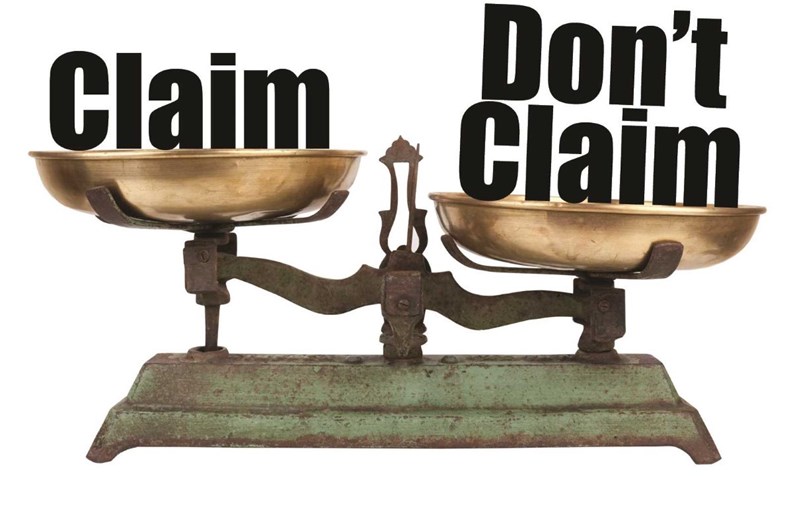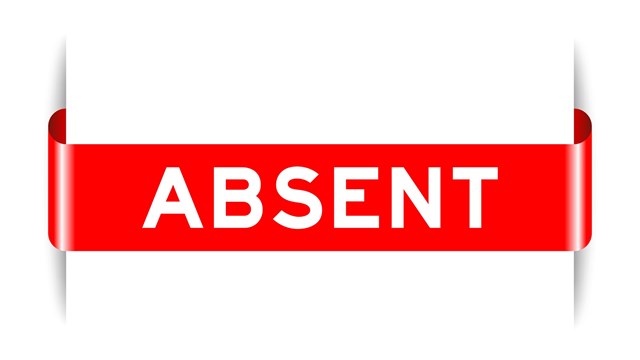Individuals, associations and other entities carry insurance coverage to protect them from liability, loss, and other financial and legal threats—that's pretty basic. What isn't always so basic is deciding when to file a claim versus paying out of pocket for a loss or damage.
Paying—whether for property damage because of something like an unaddressed leak, or an injury sustained on-premises—can be very expensive, and arguably defeats the purpose of paying insurance premiums for coverage. On the other hand, a history of claims can cause a building or association to pay ever-higher premiums, or even be dropped from its insurance entirely…or so conventional wisdom tells us. Let’s investigate further.
Name That Claim
When determining whether or not to claim a loss on an insurance policy, the first criterion is what sort of claim it would be. A broken window or a leaky roof is a vastly different matter than a slip-and-fall. Let’s take the latter scenario first, as it is more straightforward.
“If it’s a liability claim—in other words, if someone slips and falls on the ice, or there is bodily injury—you always file that claim,” says Paul E. Felsen, CPCU, owner of Felsen Insurance Services, Inc. in Denville, New Jersey. “You don’t ever not report that. The reason is if somebody slips and falls and says ‘I’m okay don’t worry about it,’ that little black and blue mark they have today can turn into major back surgery six months from now. What seems like an injury that just needs a Band-aid or some antiseptic can turn out to be a $100,000 event. You always file a liability claim, no matter how inconsequential they may seem at the time.”
In our litigious society, this is a hard rule when it comes to injuries. Remember the case of the woman who sued McDonald’s because she got scalded by hot coffee? Anything can happen beyond the realm of insurance protection. “In an injury situation, I advise the client to always report it to the carrier, even if there seems to be no harm done,” says Mike Bostley, the senior vice president of claims at New York City-based DeWitt Stern, an insurance brokerage and risk management group. "Because if you don’t, and it turns out to be a tricky case where what initially appeared to be a minor injury turns out even a year later to be something where the person needs surgery, or even if it just develops into a very high-profile case… at that point you’re jeopardizing your coverage with the insurance carrier for late notice. And to investigate it under a reservation of rights to a possible declination.”
“When assessing any type of property damage in a building, the administration and association managers should evaluate the severity of the damages,” says Tony Almeida, account executive for Borden Perlman Salisbury & Kelly, an insurance agency in Lawrenceville, New Jersey. “They should assess if there is a possibility of further damage from the original damage and what can be done immediately to mitigate any further damages. Depending on these factors and the property deductible the building has to allow for the evaluation of claims, and any and all claims should be filed through the insurance company. As for liability claims, they should be submitted to the insurance companies so a proper investigation can take place to assess the associations’ negligence, if any, in the claim.”
In short, the professionals generally agree that the potential negatives of not filing a claim far outweigh any gain. Indeed, the job of evaluating potential liability is part of what your insurance premiums pay for. Also, brokers say, any liability claim could wind up in court, and you don’t want to be in a situation where you lack coverage or have no coverage at all.
Property Claims
With respect to property claims, the decision is less cut-and-dried than with liability, and is based on a certain calculus comparing the extent of the damage to the possibility of premiums being increased, or the policy being terminated outright. Insurance companies are very good at determining the probability of certain events happening based on data.
“Frequency of claims is another aspect that is taken into account when an insurance carrier is underwriting a risk,” says Almeida. “Typically if a similar claim occurs with some frequency the carrier will decline to offer terms. In the event terms are offered they will be written at a much higher rate or possibly exclude a given 'cause of loss.' For example, if a clubhouse is repeatedly broken into and no action is taken to prevent such a break-in from reoccurring the carrier may exclude theft coverage.”
“Getting dropped or not getting renewed by an insurance company happens all the time,” says Felsen. “Insurance companies are for-profit businesses, and they are in business to make money. Unfortunately there is not a lot of sympathy for non-profits or homeowner associations, or someone just having bad luck. That doesn’t mean if you have one big claim you will get dropped immediately. What insurance companies do is they look at your history, and the frequency and severity of claims. So if you have ten claims, all for water damage, the insurance company is going to look at it and say ‘Hey, they’ve got a problem here and we don’t want to be a part of it.’ You could have ten smaller claims of different degrees and they might say ‘Okay, we can live with this—but we’ll raise their deductible.”
It tends to be easy to predict whether one's coverage is at risk of termination. It tends to be easy to predict whether one's coverage is at risk of termination. “It can happen if the claims are related to something [the insurer] saw in an inspection,” says one insurance pro. “If they do an inspection and tell you that your sidewalks need repair, and you don’t do the repairs, and then you have a couple of slip-and-falls, they’ll cancel you. It mainly happens for not keeping up the building.” This is the reason it is sometimes advisable to not claim every last thing that happens - especially when there are no liability issues.
"The first strategy is to determine what the amount of damages is on the claim, and that’s usually after you stop,” Bostley explains, “whether it’s a pipe leak or whatever casualty it is, and then get a contractor in to give you a repair estimate.” From there, it’s necessary to determine who is responsible to pay for what; some claims might be the responsibility of the individual shareholders or unit owners, and not the association itself. “As an example, the building may be responsible for the plaster and a prime coat of paint, while the tenant or shareholder may be responsible for the finish coat of paint,” he says. “And that’s usually determined in the bylaws and proprietary lease.”
Doing the Math
Board members have a fiduciary interest in representing unit owners and are obligated to look out for their best interests. “In a private business or industry you might pay out a small claim here or there out of pocket. But most of the time in a condo association, on the property side there are deductibles and the deductibles are either $2,000 or $2,500 and in some cases they are $10,000,” says Felsen. “The question is if you are going to absorb or eat the claim out of your own pocket where is that money going to come from? Is it going to come out of the board’s pocket? Which in essence is everyone’s pocket or is it coming out of the individual’s pocket? The answer is you have to look in your bylaws, what the deductible is and what your assorted commitments are. In my mindset everything should be reported.”
“Certain claims will affect associations differently,” says Almeida. “For example a property loss caused by a severe storm or uncommon occurrence are at times classified as 'shock losses.' While these claims may have an effect on the rates that carriers use to determine a premium, often the carrier will take into account the unlikely chance that such a claim would occur again, and thus offer terms. If a building or HOA is currently between insurers, typically the insurance company that had the policy at the exact time of loss would be the company to cover that claim. For example, if a building has an insurance renewal date of June 1, 2014 and they were switching from Company A to Company B on that date, and on May 31 there was a fire or any other claim, Company A would respond to that claim.”
Insurance is all about risk assessment. So is knowing when to report a claim. When it doubt, chances are it’s better to notify the carrier than not.







Leave a Comment